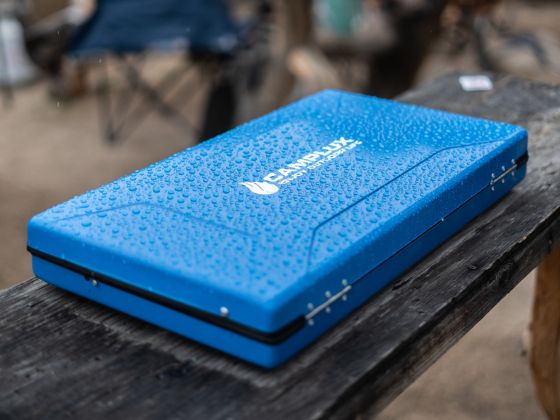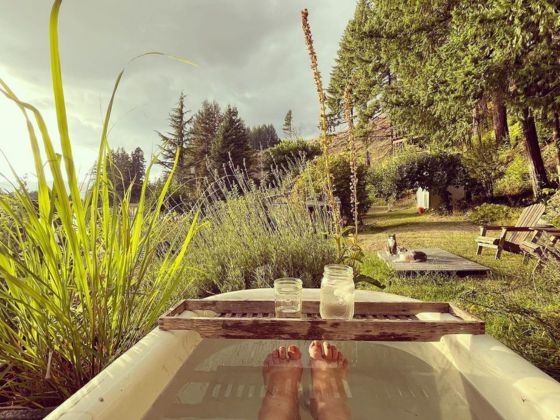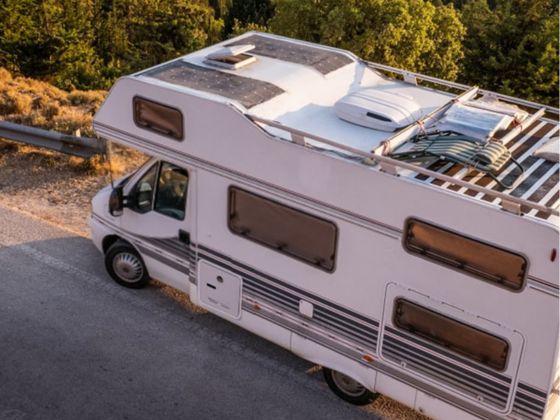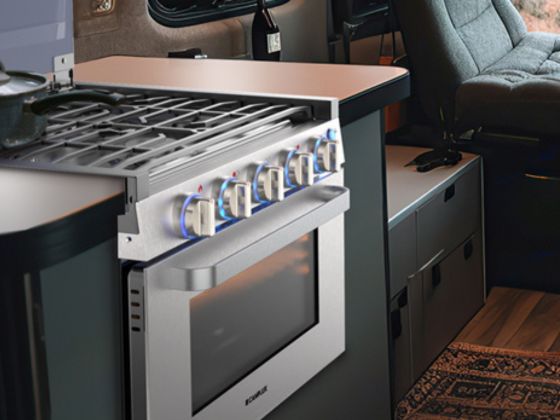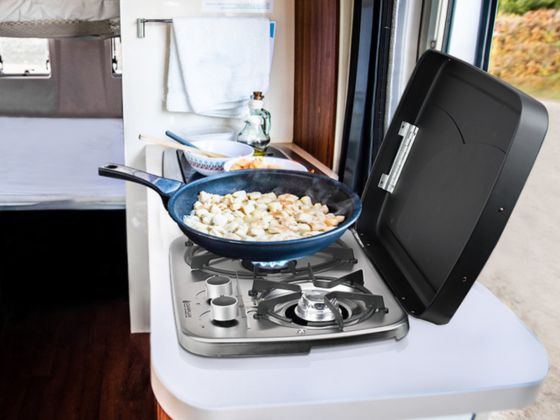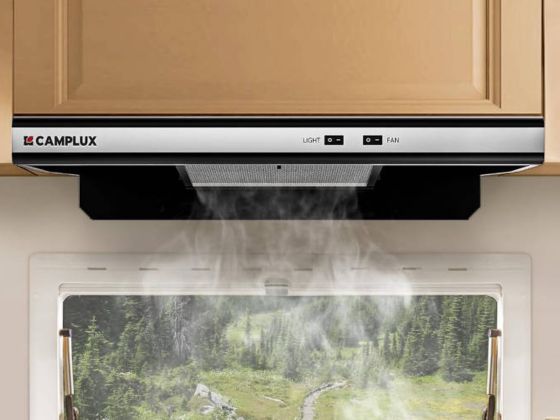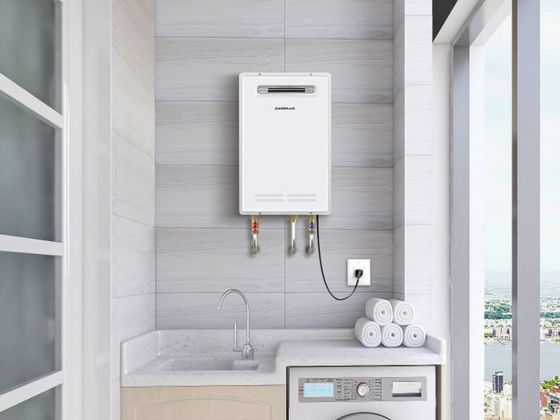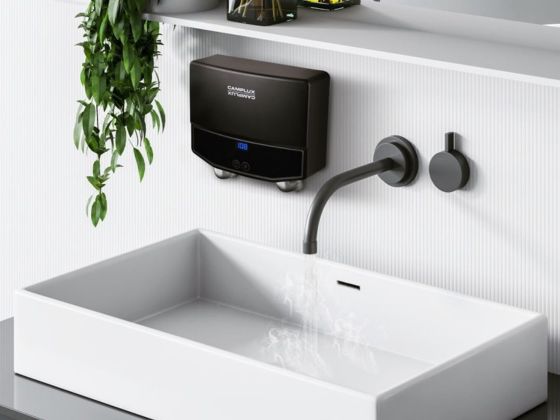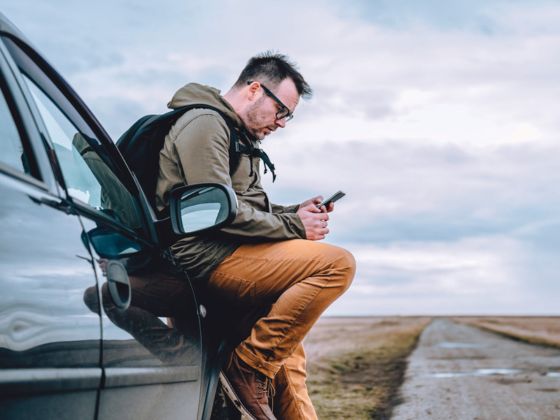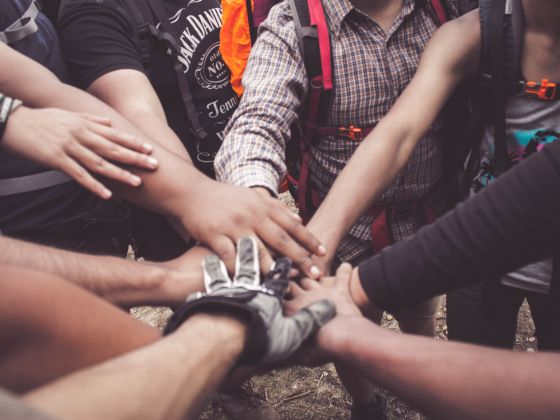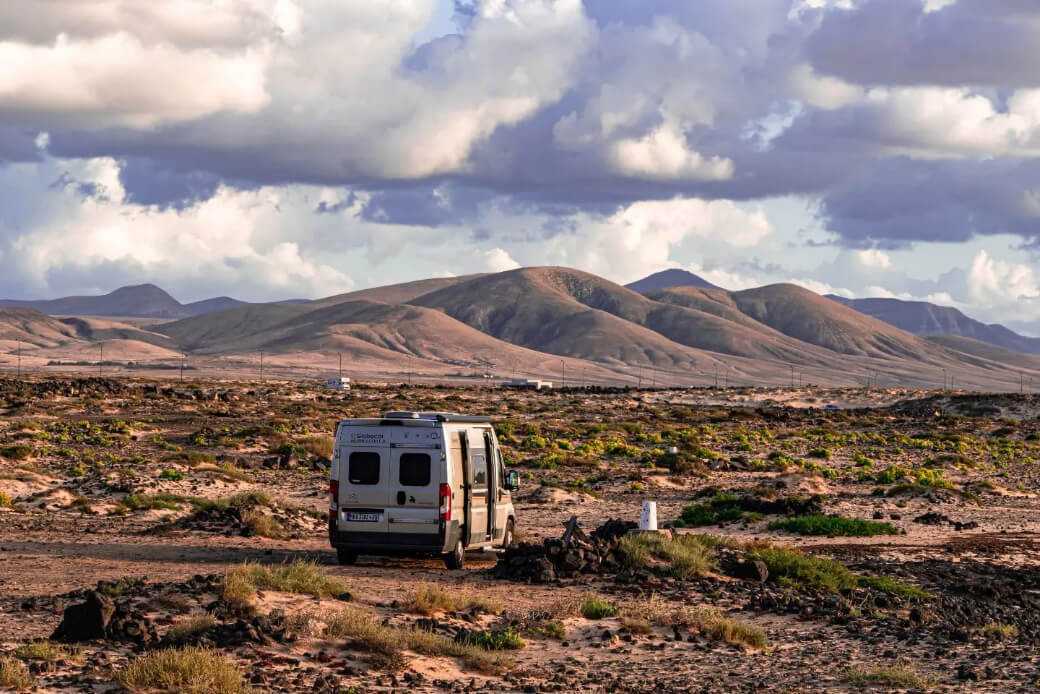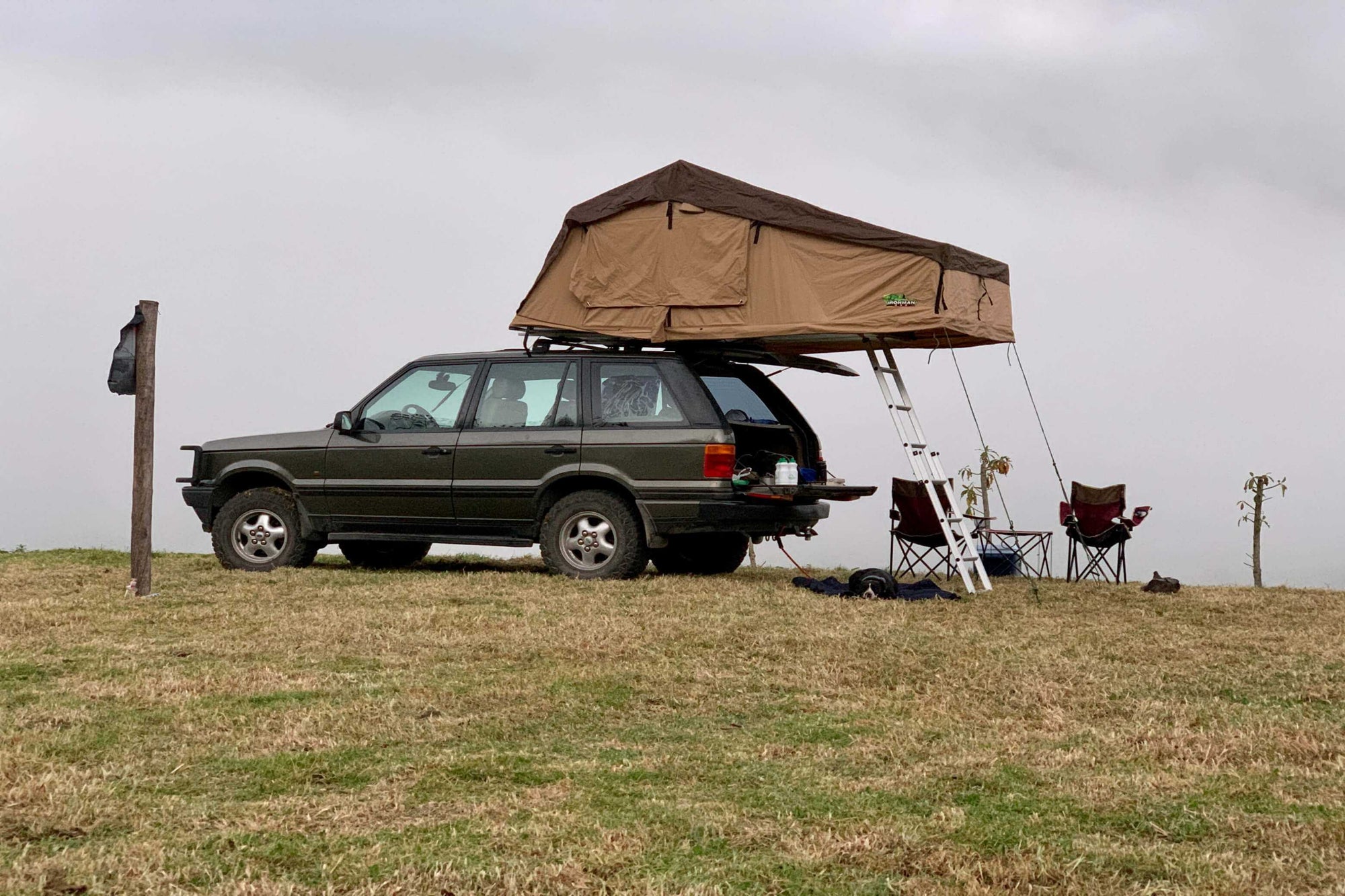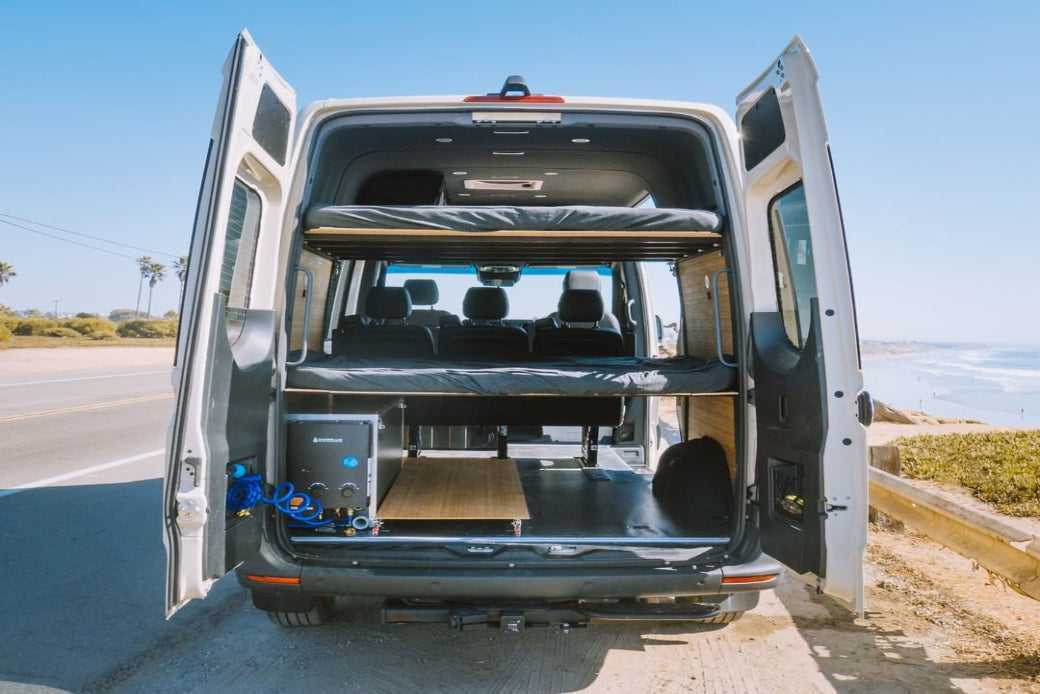If you’re considering wild camping or dispersed camping for the first time - without access to running water, electricity, or cell service - something that may be weighing on your mind is camping safety.
As with most new experiences, while sometimes scary at first, the more you go wild camping the more confident you become and the more safe you feel.
This post will provide you with all the camping safety knowledge you’ll need to feel more confident in wild camping or dispersed camping on your next adventure!

CAMPING SAFETY - ENCOUNTERING STRANGERS
Let’s start with the big one - how to feel safe and secure as far as encountering other people when primitive camping in remote areas.
-
If you’re camping alone, leave a second chair and a pair of men’s boots or something outside to make it apparent that you’re not camping alone (especially if you are)
-
If your vehicle has a remote alarm, sleep with your keys nearby to activate the car alarm if needed
-
Alternatively, travel with an air horn to both startle any intruders and alert other campers if needed
-
Carry a can of bear spray and know how to safely use it - this is a great non-lethal form of self-defense to carry with you while camping
-
Keep a super bright self-defense flashlight* on hand, and the strobe feature is great for signaling if needed
-
Don’t completely set up camp if you’re feeling uneasy (leave the awning in, chairs in, etc) so you can drive away quickly and easily
-
You have wheels so use common sense and drive away if you’re uncomfortable with a specific site
-
We always recommend that when wild camping with children, ensure that your tent or vehicle is large enough to sleep the entire family together (no separate princess and fire truck tents, people!). If you must sleep separately, ensure at least one parent is paired with each child.
-
Speak with a local ranger or game officer and make yourself aware of local hunting seasons before selecting a site. If you do select a site in areas where hunting is permitted, wear brightly colored orange vests and hats while there.
-
Carrying a taser or firearm - this is very much a personal choice as well as a highly contentious topic. You absolutely must know the laws and regulations for carrying any self-defense weapons as they differ from state-to-state and region-to-region. You also must be adequately trained, licensed, and confident in the use of any self-defense weapon.
CAMPING SAFETY - SECURITY & THEFT
Most instances of theft are crimes of opportunity - simple smash & grab jobs where someone sees something they want or something of value in plain sight, and they break a window or simply walk off with it.
Here are some simple practices and deterrents to help keep your camping area safe and secure, while deterring people with questionable morals:
-
Carry your valuables with you - this is an obvious one but worth mentioning - things like your wallet, keys, jewelry, important documents, etc are generally small and easy to carry with you if you leave camp. Consider keeping them together in one grab-bag that’s easy to just throw in your pack.
-
Be friendly with camping neighbors (if you have any), because it’ll make them more aware if strangers are at your camp when you’re not around
-
Tuck your camping gear away when you leave camp - if it’s out-of-sight, it won’t tempt anyone. And use a cable lock to secure anything that can’t be put away
-
Consider leaving music playing in your tent, vehicle, or camper if your leaving camp
-
Bring along your dog, or have a ‘dog inside’ sticker on your rig
-
Use a wheel clamp and/or a tow trailer hitch lock if you’re using a camper and leaving it at camp for a day trip
-
Carry a diversion safe - like one of these faux soda cans in your camping fridge or cooler to keep any valuables safe while at camp
Our hope is that, armed with the tips from this post, you’ll feel a little more confident to try a wild camping or dispersed camping trip of your own!

